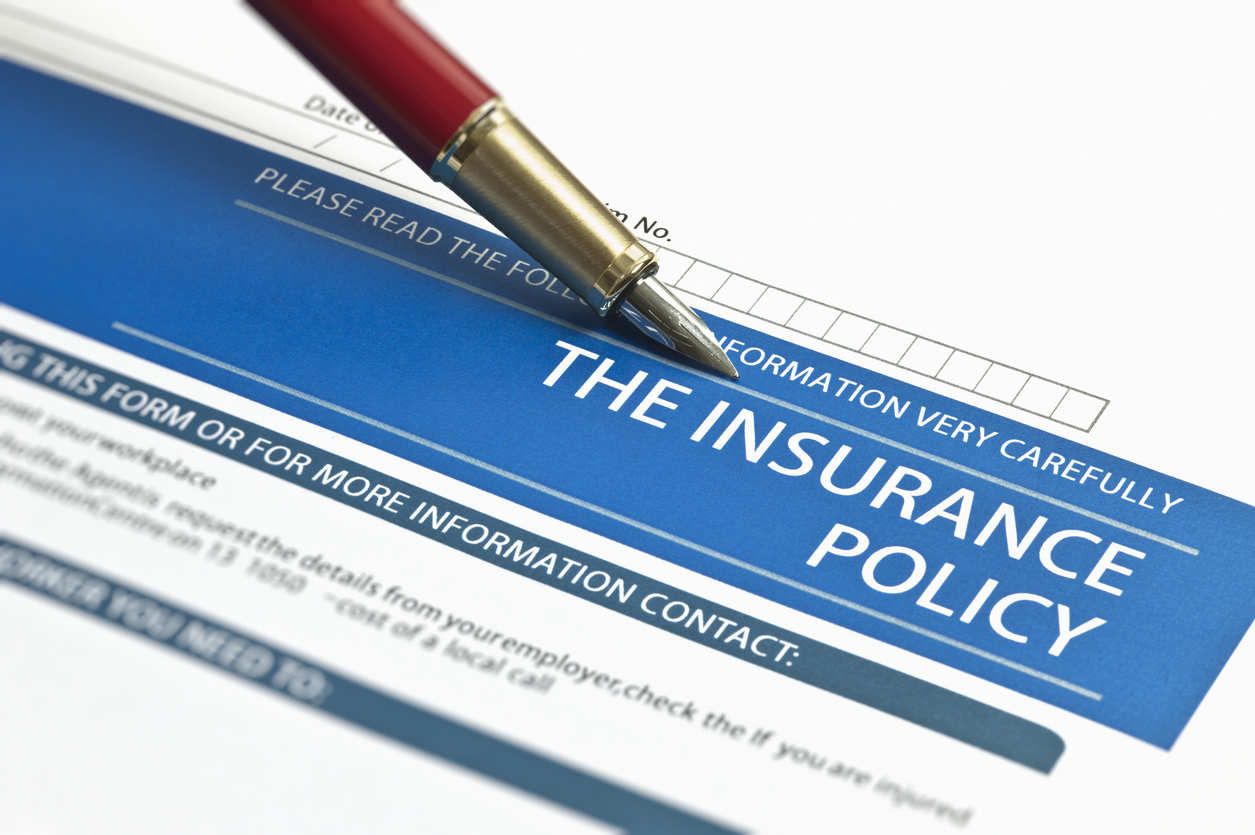Look around you. Unless you live on a deserted island, you should find at least one item manufactured in Japan. If you are planning on purchasing a car or an electronic item within the next 12 months, you may find that some of these items are perhaps more expensive due to a shortage in the supply line.
Japan produces cars, and very good cars, to say the least. Japan also produces 90 percent of the resin used on computer circuit boards and 70 percent of the polymer used to make iPod batteries. The list goes on and on.
Jeff Harrington of the St. Petersburg Times recently wrote, “Ripples in Japanese Supply Chain Will Be Felt Here,” where he noted:
Japan is a major provider of power train systems and electronic components that are increasingly incorporated into U.S.-built autos and trucks. One report predicted a third of worldwide auto production could be idled by the end of April because of Japan. "We’re looking at the likelihood of a slow-motion, cascading shutdown," Lynn said.
In one sign of things to come, Toyota this week warned dealers to expect a shortage of at least 233 replacement auto parts, possibly more. Parts in short supply include steering wheel covers and shock absorbers.
Parts managers at some dealerships may have ordered additional parts made in Japan in anticipation of shortages, and those orders could alone cause Toyota to run short, said Earl Stewart, who owns a Toyota dealership in North Palm Beach.
"It’s not necessarily being a bad guy. It’s just doing your job," Stewart said. "If everybody decides to stock up in advance, it’s kind of like hoarding and suddenly there’s a shortage."
Potential problems go well beyond cars and car parts.
Japan dominates certain sectors of the electronics market, like computer software tapes, compact discs and capacitors. It holds a strong market share for industrial machinery and components that are vital to U.S. manufacturers, said a U.S. Business and Industry Council report released Wednesday.
Every day, businesses develop and thrive on symbiotic relationships, where the entities rely on the continued operational viability of each other (or even exclusively beneficial relationships). Few businesses, however, consider the risk and exposure of losing that relationship due to an unexpected calamity.
Contingent business coverage is a type of business interruption coverage will protect the “dependent business” from the external business income exposure. There are four (4) types of dependent business ISO endorsements:
- contributing premises, such as the businesses that deliver materials to the insured;
- recipient premises, such as the businesses that receive the insured’s products;
- manufacturing premises (businesses that make products for delivery to the insured, and
- leader premises, such as businesses that bring the customers to the insured.
In lay terms, 1) suppliers, 2) buyers, 3) providers, and 4) drivers.
Distributors worldwide rely on Japan’s steady production line. I hope that their insurance agents and risk managers were savvy enough to recognize the need to purchase contingent business income coverage to deal with the uncertain shortage of supply that is yet to dawn at a global scale. If such coverage was acquired, businesses should carefully review the terms and conditions of the policy and consult with a business interruption attorney, as there may be some time restrictions and limitations for recovery.



